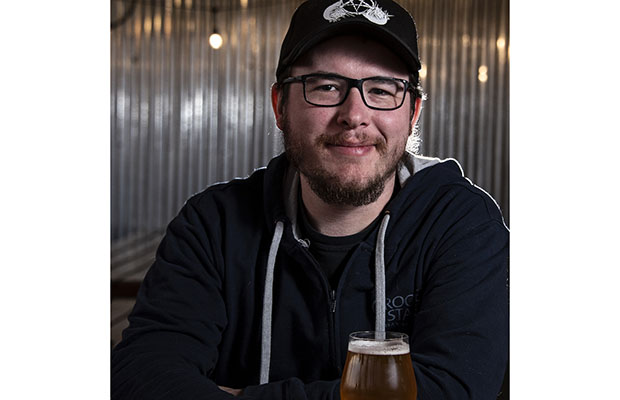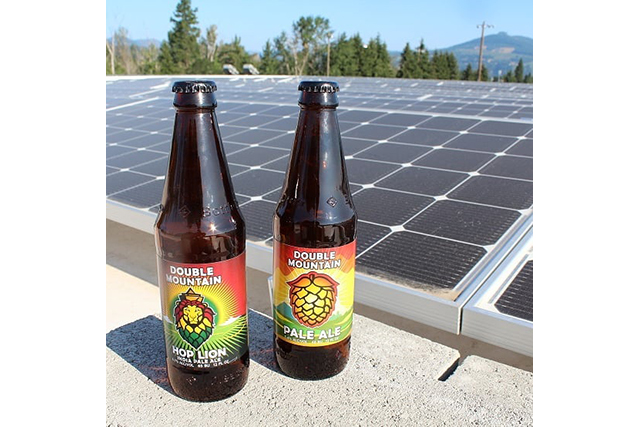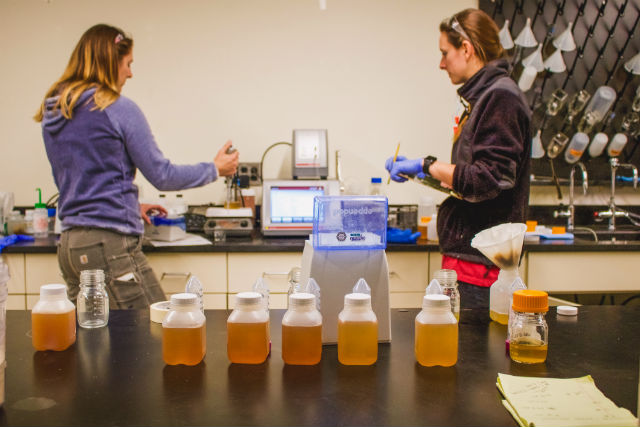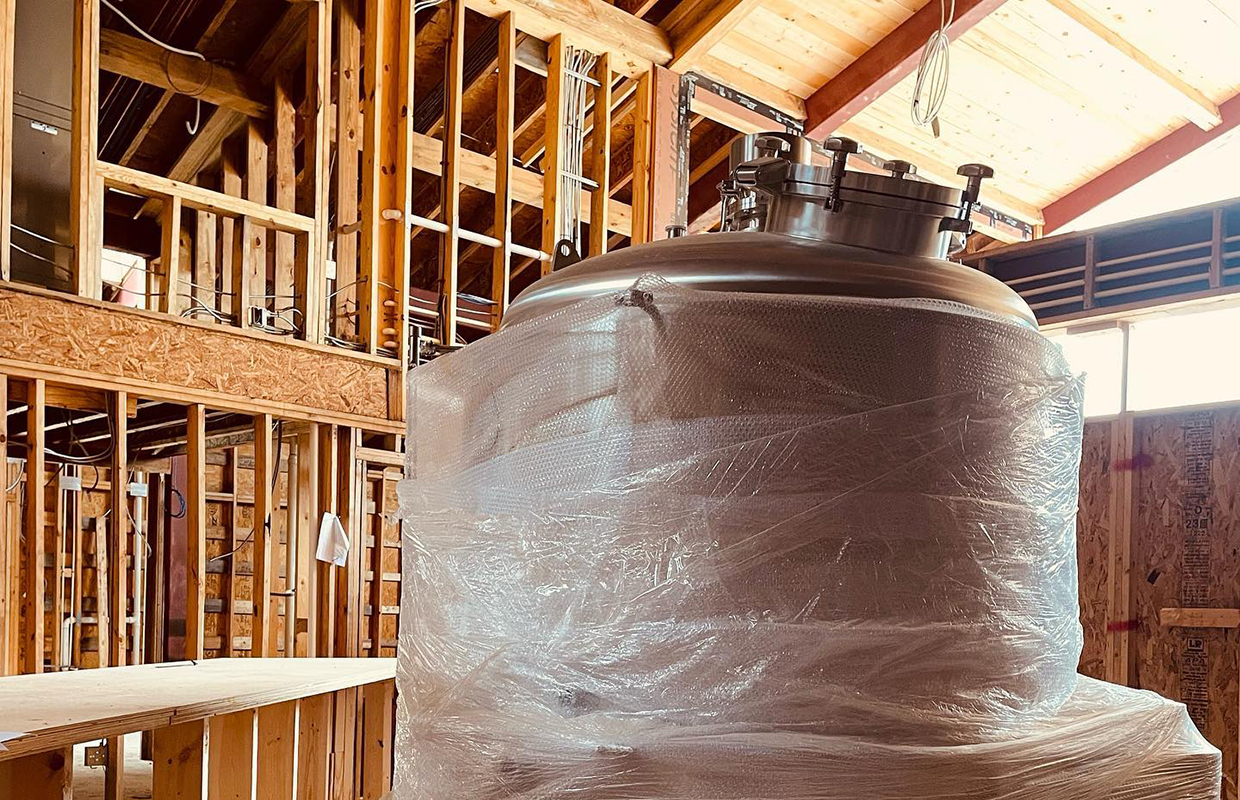
This is a part of a continuing series of Q&As with members of the brewing community from across the U.S.
Brewer Magazine will share business and personal insights from Brewmasters, Head Brewers, Brewing Managers, Sales Directors, QCQA Managers and others each weekend to help you get to know each other better in the industry and learn more to better develop your own brand.
Wes Burbank, Head Brewer, Rowley Farmhouse Ales — Santa Fe, New Mexico
BREWER: How has your business strategy evolved to help grow and stay competitive?
BURBANK: I think like most brewers, we have recently transitioned to packaging just about all the beer we are producing … around 90% at the moment. We were fortunate enough to purchase a small canning machine at the end of 2019, so we were able to transition pretty quickly to canning and not filling kegs for our taproom and the little bit of distribution that we do. We have been able to sell a lot more beer this way and have added a bunch of grocery and liquor store accounts for our can sales. We actually surpassed our production numbers from 2019 by July of 2020. I’ve also been more focused on producing beers that are quicker to get into customers’ hands, and put our barrel-aged beers on the back-burner for a while so we can try to keep the whole operation going with our restaurant and taproom sales declining significantly during lock down.
BREWER: Who is your mentor in the industry and why? What have you learned from them?
BURBANK: Alan Simons, the Head Brewer at Dry Dock Brewing Company in Aurora, Colorado taught me a great deal of what I know. We actually worked at two different breweries together (Backcountry Brewery in Frisco, CO for almost four years, and Dry Dock for about a year or so) starting back in 2011. I’ll always appreciate him giving me a chance at this brewing thing. My biggest takeaway from Alan has been how to work hard, and more importantly, professionally. I was only 26 when I got into the industry, and he was a great influence for helping me grow up a little bit and take my job seriously. Alan also shared a lot of tricks with me last year about making Hazy IPAs, which I was pretty reluctant to start doing. Now, well, say no more on this subcategory.
BREWER: What idea did you or your team come up with lately that has been a big benefit to how your business functions?
BURBANK: We quickly abandoned canning carbonated beer for a variety of reasons earlier this year and starting can-conditioning everything, including our IPAs. It was a learning curve, for sure, but I feel pretty confident that we have our beers dialed in at this point. I’ve been using a Norwegian Farmhouse yeast strain for conditioning and we can actually have fully carbonated cans in 3 to 4 days in most cases, and the beer is much better as a result.
BREWER: If you had one business strategy that you could implement to better the brewing industry, what would it be?
BURBANK: I’d like to see breweries start to take better care of their employees. Pandemic issues aside, it’s the people that make the difference between incredible beer and a drain pour. None of us are in this business to get rich — it takes passion and dedication to clean kegs five days a week for minimum wage in a 100 degree warehouse. It’s easy to look at a spreadsheet and see beer getting produced and sold and forget that there’s real people with families trying to make this work because they love what they do and love being in the industry. We’ve all heard the horror stories about brewing staff getting taken advantage of (I have plenty myself), and I’d really like to start hearing more positive stories. I’m not even talking about better pay, benefits, higher education opportunities, vacation time, or things like that. Stock the break room with a bunch of food for the week, spotlight someone on a Facebook post, take everyone on a “team building trip” when things get back to normal. Hell — just thank them!




Be the first to comment